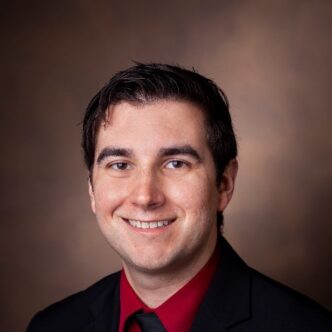Christian L. Egly, PharmD

A High-throughput, Fluorescence Assay to Identify Drugs that Rescue Trafficking-Deficient KV11.1 Variants
Summary
The human Ether-a-go-go-Related Gene (hERG) encodes one of the major repolarizing potassium channels in the heart (KV11.1). Pathogenic variants of the channel are responsible for causing long QT syndrome subtype 2 (LQT2), a disorder that prolongs ventricular contraction and action potential duration. KV11.1 variants are the second leading cause of congenital long QT syndrome and comprise nearly 30% of clinical cases. Severe variants in KV11.1 can predispose individuals to a fatal ventricular arrhythmia, torsades de pointes, so restoring the function of the channel has clinical importance. Currently, the only treatment modalities for LQT2 include beta-blockers or implantable-cardiac defibrillators. Previous reports estimate that ~90% of KV11.1 variants are trafficking deficient and studies showed that treatment with E4031, a KV11.1 specific inhibitor, restored the trafficking for some channel variants. Remarkably, after washout the drug functionally restored KV11.1 related current (IKr) and led to the discovery that KV11.1 channel variants can be chaperoned by . Unfortunately, to date there are no new drug molecules with a clinical indication to rescue KV11.1 trafficking deficient variants, so there remains a need for high-throughput assays. Thallium (Tl+) flux is a standard screening tool for monovalent ion channels used widely in industry and academia. This research utilizes the high-throughput, thallium-based, fluorescent assay to identify drugs that rescue KV11.1 trafficking after 24-hour drug exposure. The results from screening close to 1200 FDA-approved drugs are promising. The goal is to identify novel drugs and drug targets for trafficking KV11.1 variants. There is possibility of transferring knowledge from KV11.1 trafficking to other ion channel disorders.
I am very grateful for the support of the PhRMA Foundation for my Postdoctoral Fellowship in Pharmacology/Toxicology. The support has given me the opportunity to pursue my passion in research and work towards my goal of becoming an independent investigator in academia.
